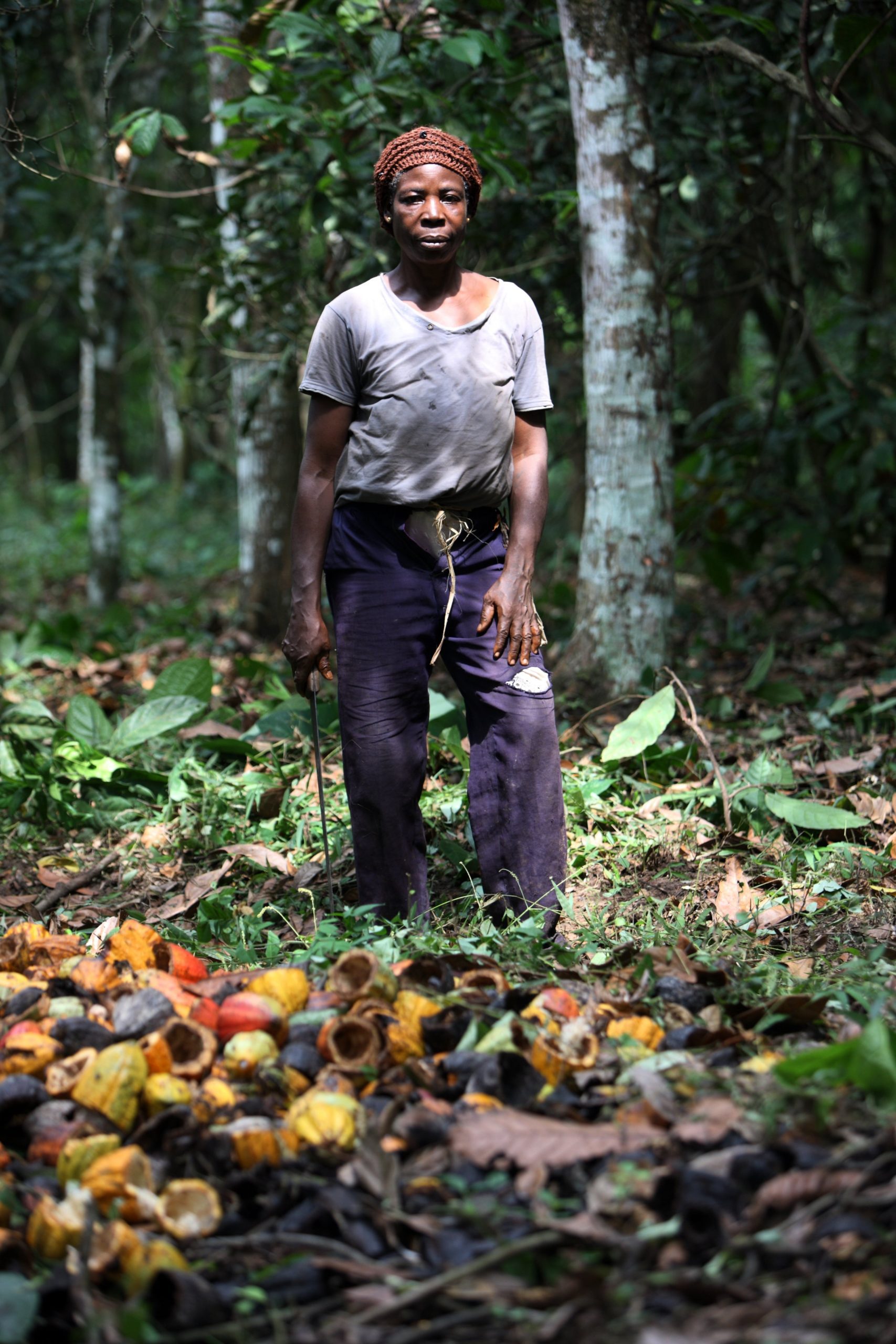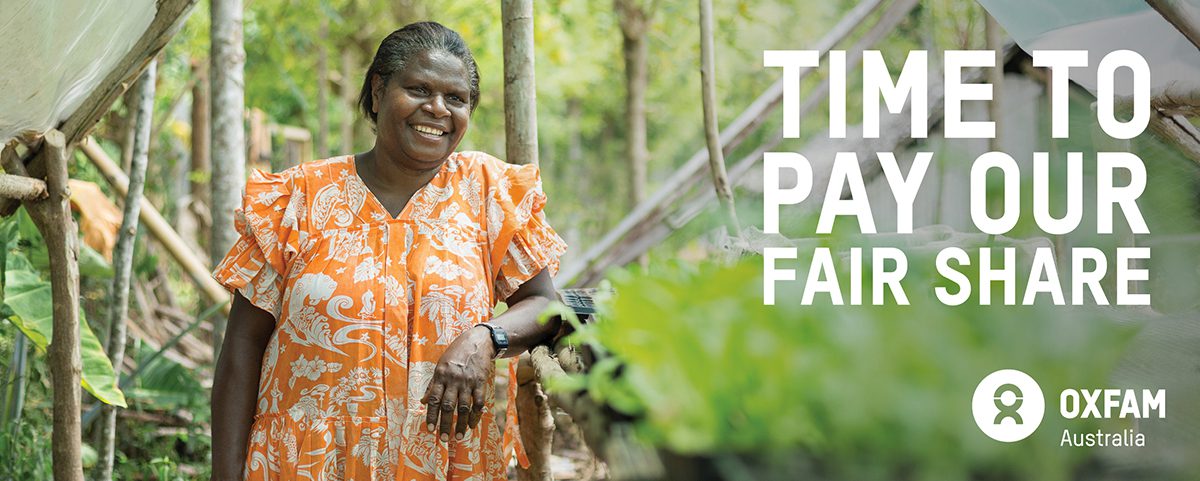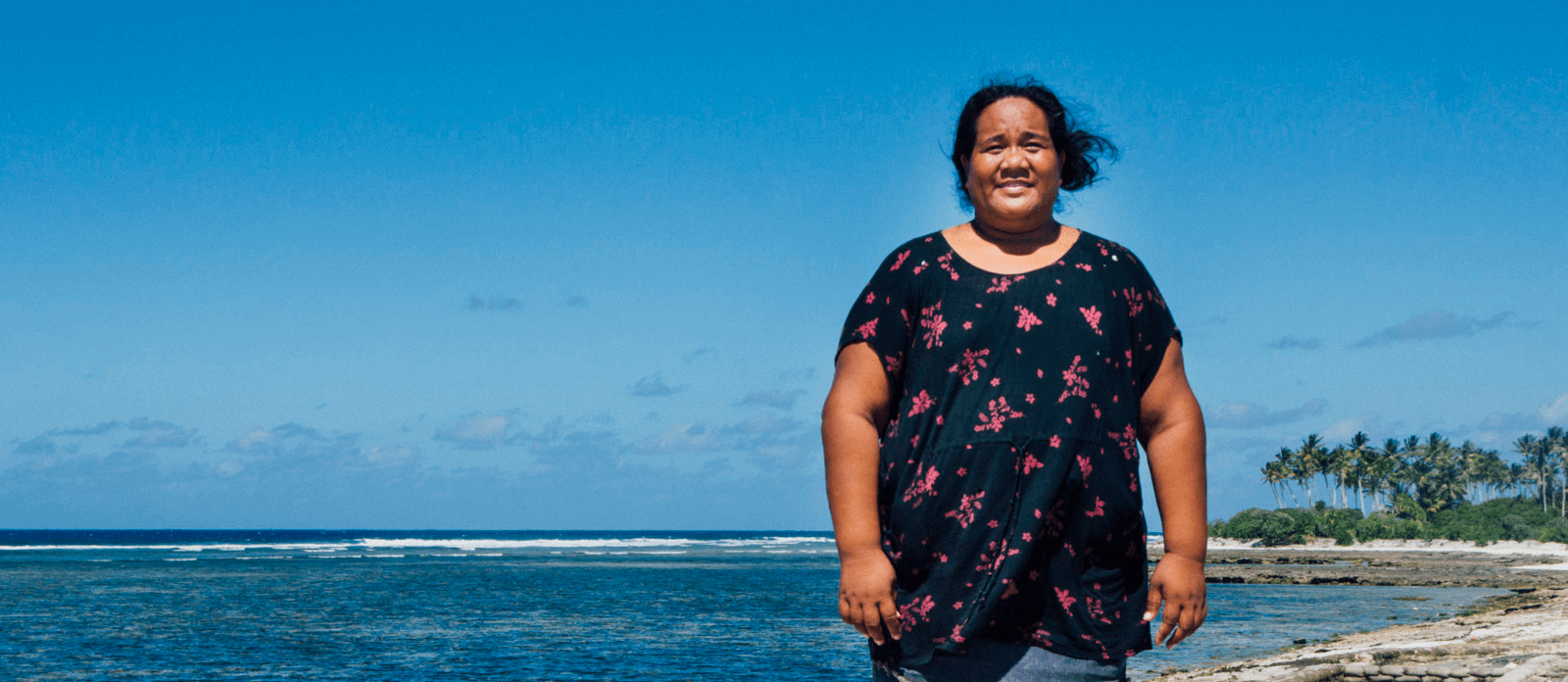Last week’s Behind The Brands initiative kicked off with a call for Mars, Mondelez International and Nestle to stop ignoring the women who are working in their cocoa supply chains. Between them, these three companies net more than $45 billion a year in confectionery sales. But throughout their cocoa supply chains – from growers to pickers – women are getting a raw deal.
More than 10,000 people have already taken the action, people who love the chocolate these companies produce, but hate the way they put women in their cocoa supply chains last.
The action sparked an immediate response from Mars via a blog post describing their Sustainable Cocoa Initiative.
“… the Sustainable Cocoa Initiative is designed to work with these communities to help ease social hurdles like poverty, lack of education, and lack of opportunity by addressing the core challenges that farmers face. We recognize the important role women will play in addressing these problems and in moving their communities forward.”
Nestle welcomed their position at the top of our Behind the Brands scorecard and referred to their work with farmers:
“By working cooperatively with more than 600,000 farmers that provide our raw materials, we are in a unique position to make a real impact.”
Though with an overall score of 54%, Nestle has lot to improve on.
Mondelez’s response included highlighting their Cocoa Life initiative:
“Since October, we’ve committed $600 million over 10 years through our Cocoa Life and Coffee Made Happy initiatives to build sustainable supplies and thriving communities to benefit millions of people in the developing world.”
The truth is, we know that all three of these companies have projects that seek to help farmers. We also know that these projects have in some cases reached out successfully to women farmers and workers. But the projects the companies publicise are piecemeal at best. What’s needed are fundamental changes to the policies that actually govern the way these companies do business.
Together Mars, Mondelez and Nestle purchase nearly one third of the world’s harvested cocoa. They have the power to influence suppliers, governments, and certification bodies and they can influence policy shifts and practices in the sector.
None of the three companies get good scores for their policies on women in our Behind the Brands scorecard, and Mars and Mondelez both get the lowest possible score, which means their policies on women are simply not good enough.
Oxfam’s Behind the Brands campaign sets out three clear steps for Mars, Mondelez and Nestle to comprehensively tackle the unfair treatment of women in their cocoa supply chains.
The three companies have shown that they’re willing to make commitments on important issues such as sourcing certified cocoa. It’s now time for these chocolate giants to show the same leadership on womens’ rights.
Add your voice to this action…
Clancy Moore is Oxfam’s GROW Campaign Coordinator




